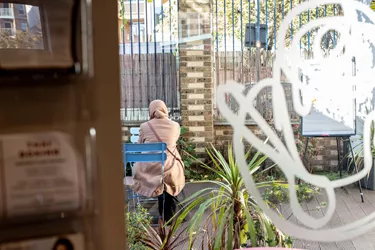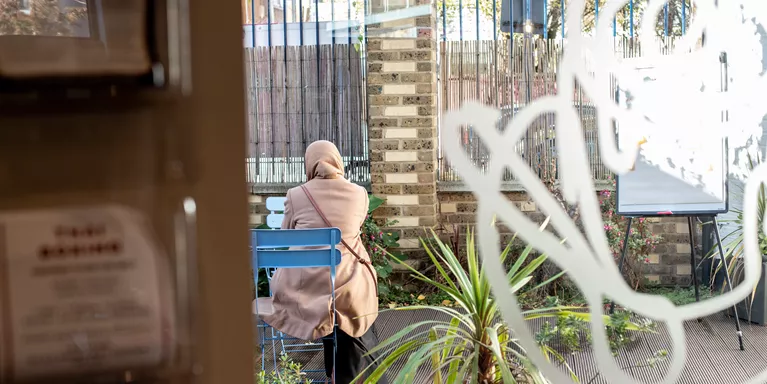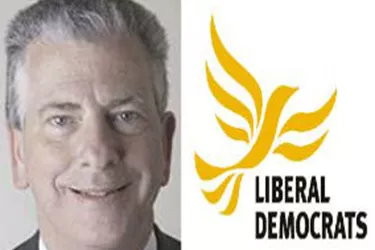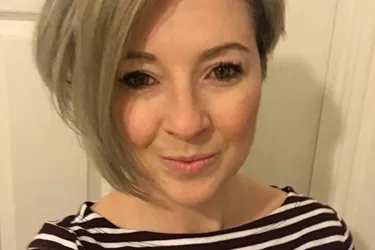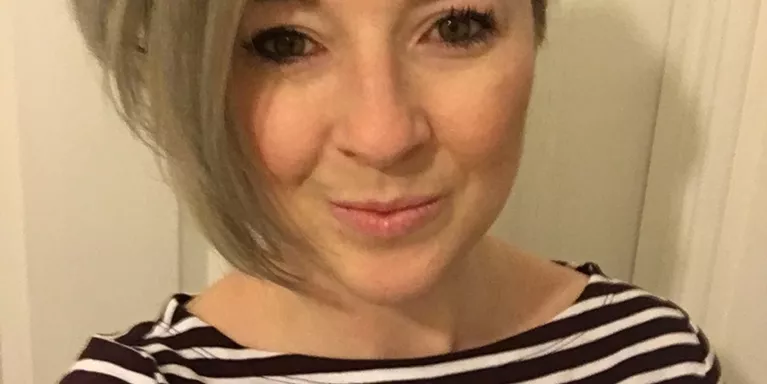Fighting to access talking therapy
Helen blogs about the difficulties and frustrations of waiting to access talking therapy.
It was when I became depressed for the second time that my GP recommended counselling to me. She also advised that I started a course of antidepressants, which I was reluctant to do because I really suffered with the side effects the first time. But when she told me that the wait for counselling could be several months, I reluctantly agreed. I’m glad I did, because it took over a year for me to get the help I needed.
Initially I was pleasantly surprised when I received a letter saying I would have a preliminary assessment within a couple of weeks. However, this was to be over the phone which worried me as I am phone-phobic. Not knowing when the phone call would happen made my anxiety levels even worse. I got through it with the support of my husband, and was relieved to be told that my answers showed that I needed urgent helpso would be made a priority. A letter arrived a month later confirming that someone would be in touch with an appointment within six months.
Six months? I was so upset by this I went back to my GP to see if anything could be done to speed up the process. I didn’t want to jump the queue; after all, there were other people suffering just like me, but the thought of waiting that long made me feel even more depressed. She said she would see what she could do, but to not hold my breath.
It was nine months later that I got a message on my voicemail asking me to phone the counselling service regarding an appointment date. Plucking up the necessary courage I phoned them, but the person dealing with my case wasn’t available. She would phone back. This cycle of phone-tag continued for nearly a month. I asked the receptionist to please send me an appointment in the post – or email me – but that wasn’t their policy. They had too many no-shows, so wanted to confirm that I had the appointment date by speaking to me. The receptionist couldn’t tell me the appointment because one of the therapists needed to ask me a few more questions to decide which service would be best for me. The final time the service phoned me I was on holiday, so didn’t reply for two weeks. This delay meant they thought I didn’t need help anymore, so they had referred me back to my GP.
Eventually, I turned to Mind who had helped me when I had been very low in the past. It was them that told me about the Improving Access to Psychological Therapies (IAPT)programme, and also suggested I seek support through Occupational Health at my workplace. Both of these avenues finally got me the help I needed, counselling and Cognitive Behavioural Therapy (CBT). The therapy was worth the wait, but I shouldn’t have had to wait or fight so hard to access it and neither should anyone else. That’s why I’m supporting Mind’s We Need to Talk Campaign.
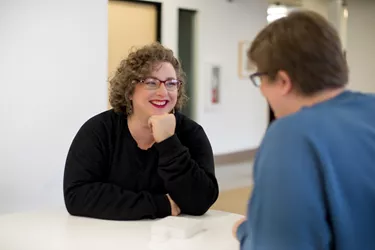

Information and support
When you’re living with a mental health problem, or supporting someone who is, having access to the right information - about a condition, treatment options, or practical issues - is vital. Visit our information pages to find out more.
Share your story with others
Blogs and stories can show that people with mental health problems are cared about, understood and listened to. We can use it to challenge the status quo and change attitudes.










